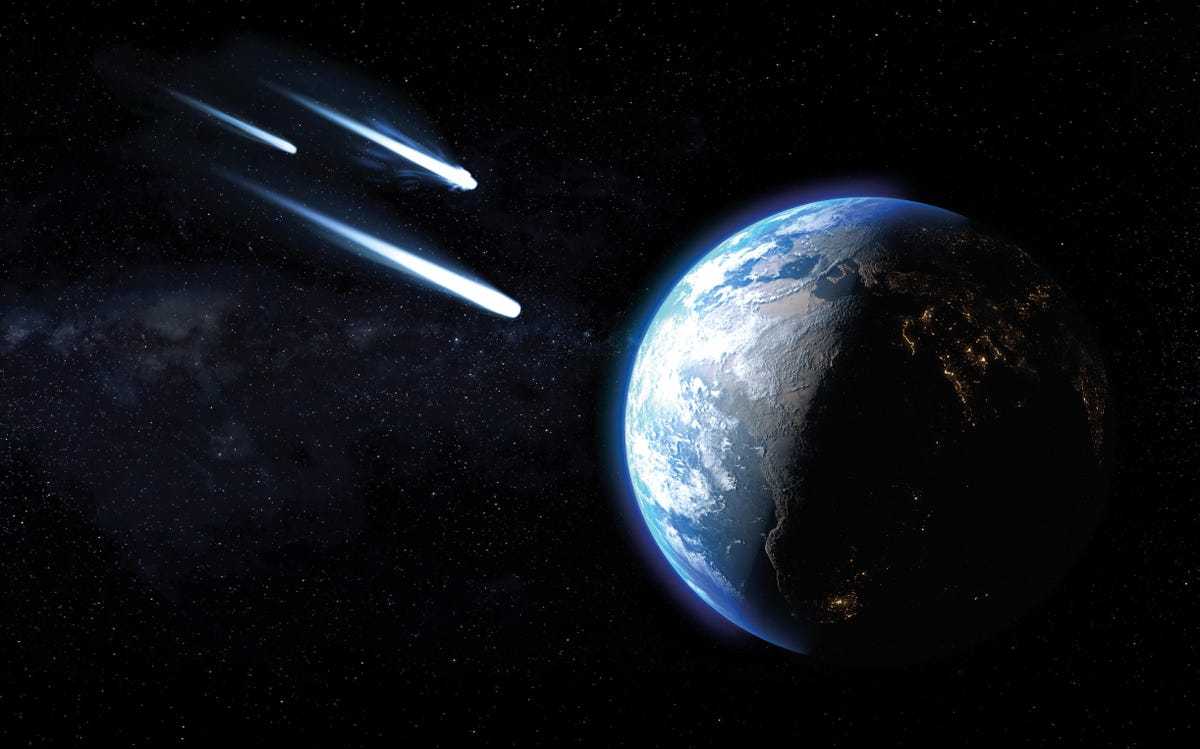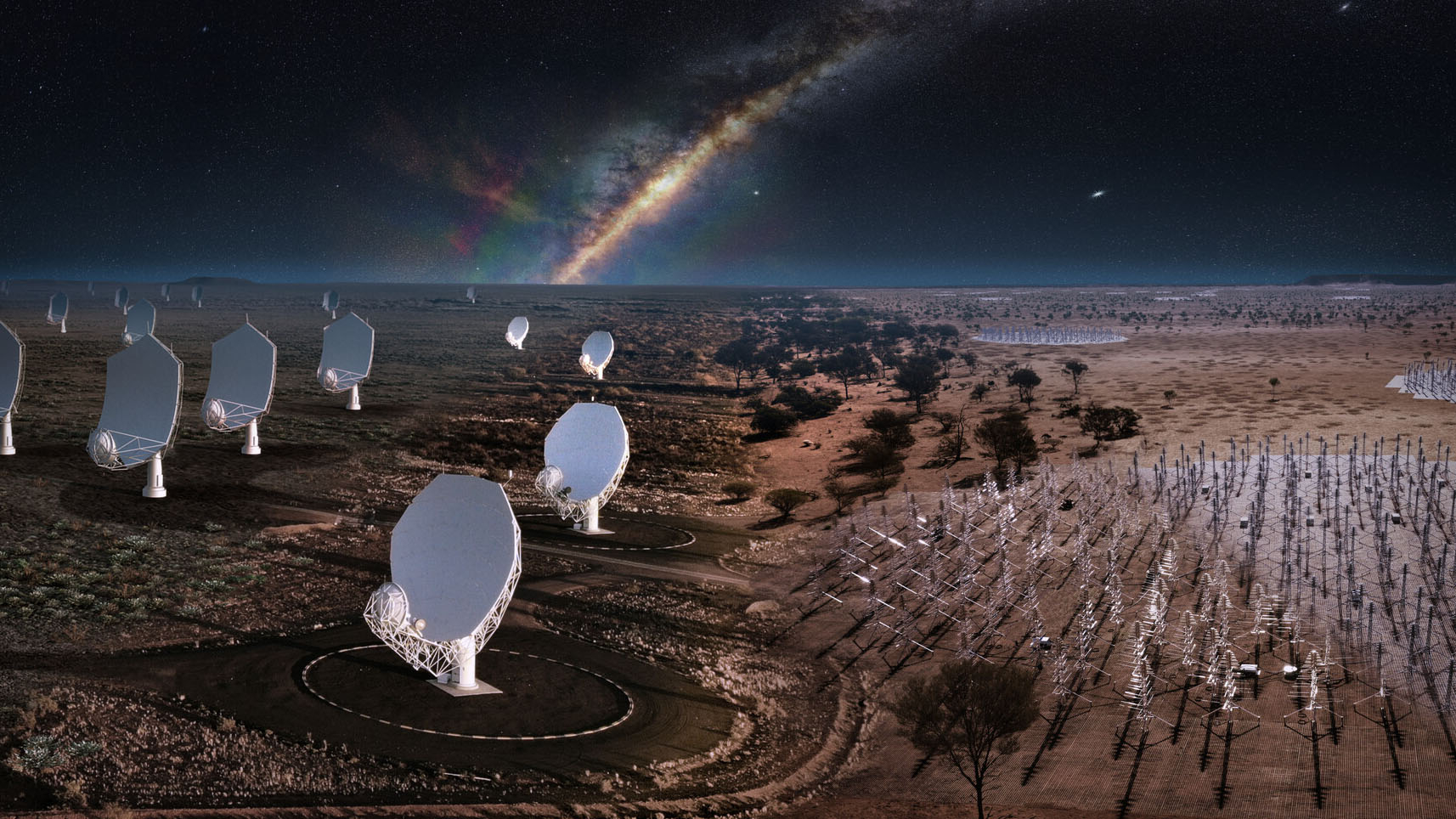On the origin of our species

Image: NASA
The global population just passed 8 billion last month. And if you think about it, all of that life had to stem from somewhere.
Enter: a new study published Wednesday in the peer-reviewed journal ACS Central Science, which provides evidence that a unique type of radioactive meteorite may have initially brought life to Earth billions of years ago.
The study, conducted by researchers from Japan’s Yokohama National University, focused on carbonaceous chondrite meteorites, a specific class of meteorites containing small organic molecules as well as relatively large amounts of water.
Previous studies have shown that chemical reactions between these organic molecules and water can produce amino acids, otherwise known as the building blocks for life. But heat is also an essential ingredient in this equation – and rather lacking in space, which has a baseline temp of minus 455 degrees Fahrenheit.
- This is where the newly-published study comes to the rescue. Its main breakthrough was proving experimentally that the meteorites’ radioactivity could produce enough heat for amino acid reactions to occur.
✋ Yes, but… Amino acids can form via many different processes, including spontaneously when water droplets meet the Earth’s atmosphere. So while this study presents a possible candidate for the origin of life on our planet – and further validates the panspermia theory, which claims the original building blocks for life didn’t originate on Earth but were brought here by meteorites billions of years ago – additional research is still needed to determine the true origin of our species.
+Dive deeper: How did life evolve to how we know it today?
Share this!
Recent Science & Emerging Tech stories

Science & Emerging Tech
| December 8, 2022The gut and the brain just went from sneaky links to officially dating
🍽🧠 In a pair of new studies published this week in Nature Communications, scientists laid out evidence suggesting that certain types of bacteria in the human gut are correlated with depression.

Science & Emerging Tech
| December 7, 2022So, you’re telling me there’s a chance
⚡ More than 90% of all global electricity expansion over the next five years is expected to come from renewables, per a new IEA report published yesterday, keeping alive the possibility of limiting global warming to 1.5 °C above pre-industrial levels.

Science & Emerging Tech
| December 6, 2022SKA = Super Koolness Ahead
🔭❓ After three decades of planning and negotiations, construction began yesterday in Australia and South Africa on the world’s largest telescope, called the Square Kilometre Array, that’s designed to investigate some of the biggest questions in astrophysics.
You've made it this far...
Let's make our relationship official, no 💍 or elaborate proposal required. Learn and stay entertained, for free.👇
All of our news is 100% free and you can unsubscribe anytime; the quiz takes ~10 seconds to complete